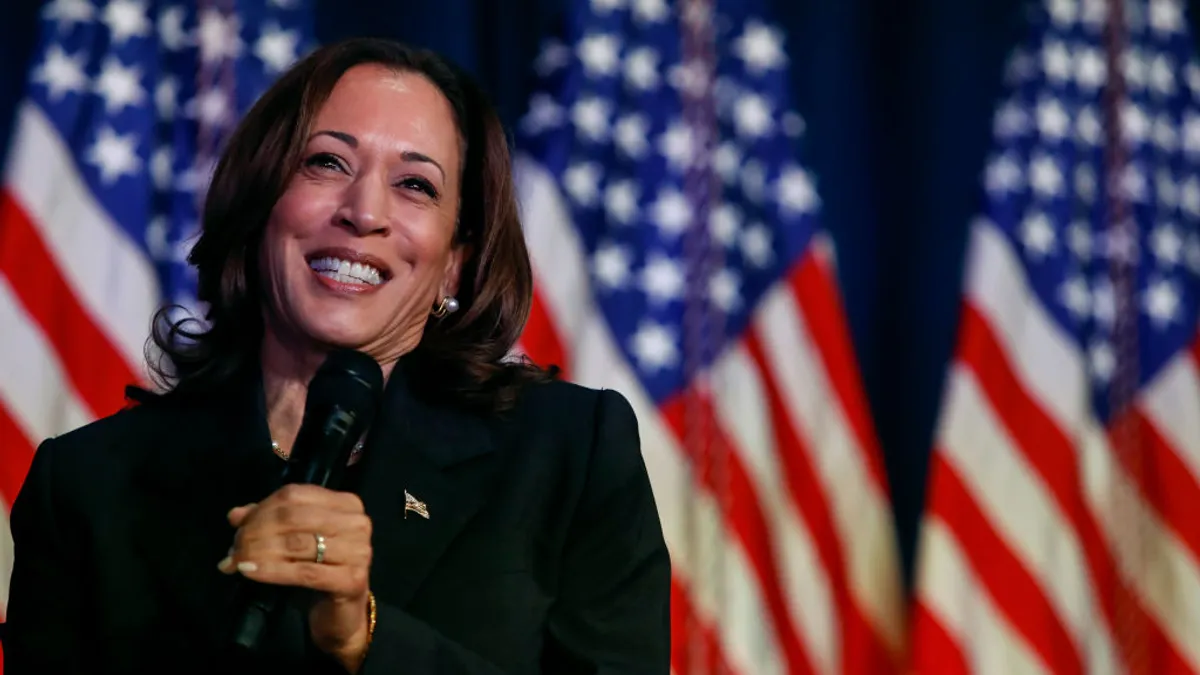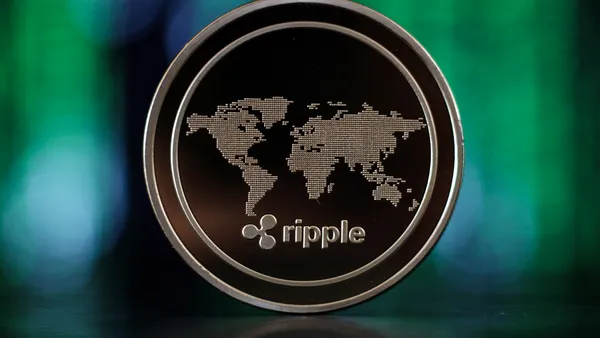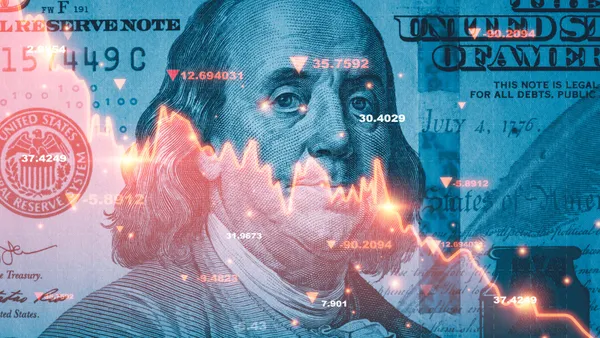Vice President Kamala Harris is courting Black men voters with promises of forgivable business loans and cryptocurrency access as part of her bid to become the nation’s next president.
The Democratic presidential candidate unveiled Monday on her website that she plans to provide 1 million fully forgivable loans of up to $20,000 to Black entrepreneurs looking to start a new business or grow an existing one.
In partnership with the Small Business Administration and “trusted partners on the ground,” Harris plans to provide loans to those who have “a good idea but don’t have the resources, connections, or access to capital to get their business off the ground, as well as entrepreneurs locat[ed] in underserved communities.”
“Studies suggest that Black Americans are twice as likely to be denied credit by banks, regardless of their credit scores,” her website said, citing a study from Massachusetts Institute of Technology. “Experts and Black entrepreneurs have identified limited access to capital as the most important factor that limits the creation and growth of Black-owned businesses.”
Data from the Minority Business Development Association found that minority-owned firms weren’t only less likely to receive loans than non-minority-owned firms, but they were likely to receive lower loan amounts overall.
Harris’ appeal to Black men comes as polls show her trailing prior Democratic candidates in the group’s support. Pew Research found that 72% of Black men voters support Harris, compared to 85% of Black women, ABC reported.
Harris also said she would expand access to bank accounts and lending for Black men to build wealth. Black Americans are historically one of the most unbanked and underbanked demographics, with 11.3% not having a traditional bank account and therefore lacking access to traditional lending products.
And after only recently coming out in support of cryptocurrency – something one-quarter of Black Americans own or have owned, according to Charles Schwab – Harris is pledging to boost financial innovation around such technologies that “broaden access to banking and financial services.”
“She will make sure owners of and investors in digital assets benefit from a regulatory framework so that Black men and others who participate in this market are protected,” her campaign website said.
Crypto proponents have long looked at it as a tool for financial inclusion.
“The wealth gap was a major consideration in all of this, as was distrust of traditional financial services,” said Terri Bradford, payments specialist at the Kansas City Federal Reserve, in discussing Black investors’ higher likelihood of getting into crypto with Marketplace last year.
“There was also interest in the ability of crypto — and the blockchain more generally — to democratize financial services,” Bradford said.
Its potency has yet to be proven, however: The Treasury Department’s former Assistant Secretary for Financial Institutions Graham Steele noted last year that “the potential financial inclusion benefits of crypto-assets largely have yet to materialize, due to factors including extreme price volatility, the need for access to an account with a depository institution, and high transaction fees.”
Former Louisiana Congressman Cedric Richmond, who co-chairs Harris' campaign, told NPR that her announcement is part of her Opportunity Economy pledge, “an economy where people don't just get by, but get ahead. Where Black men are equipped with the tools to thrive: to buy a home, provide for our families, start a business and build wealth,” he said.
Both Harris and her Republican opponent, former President Donald Trump, have been vocal in their support of the crypto industry of late, with Trump even launching his own crypto-tied firm and giving a keynote address at the Bitcoin 2024 conference in Nashville















